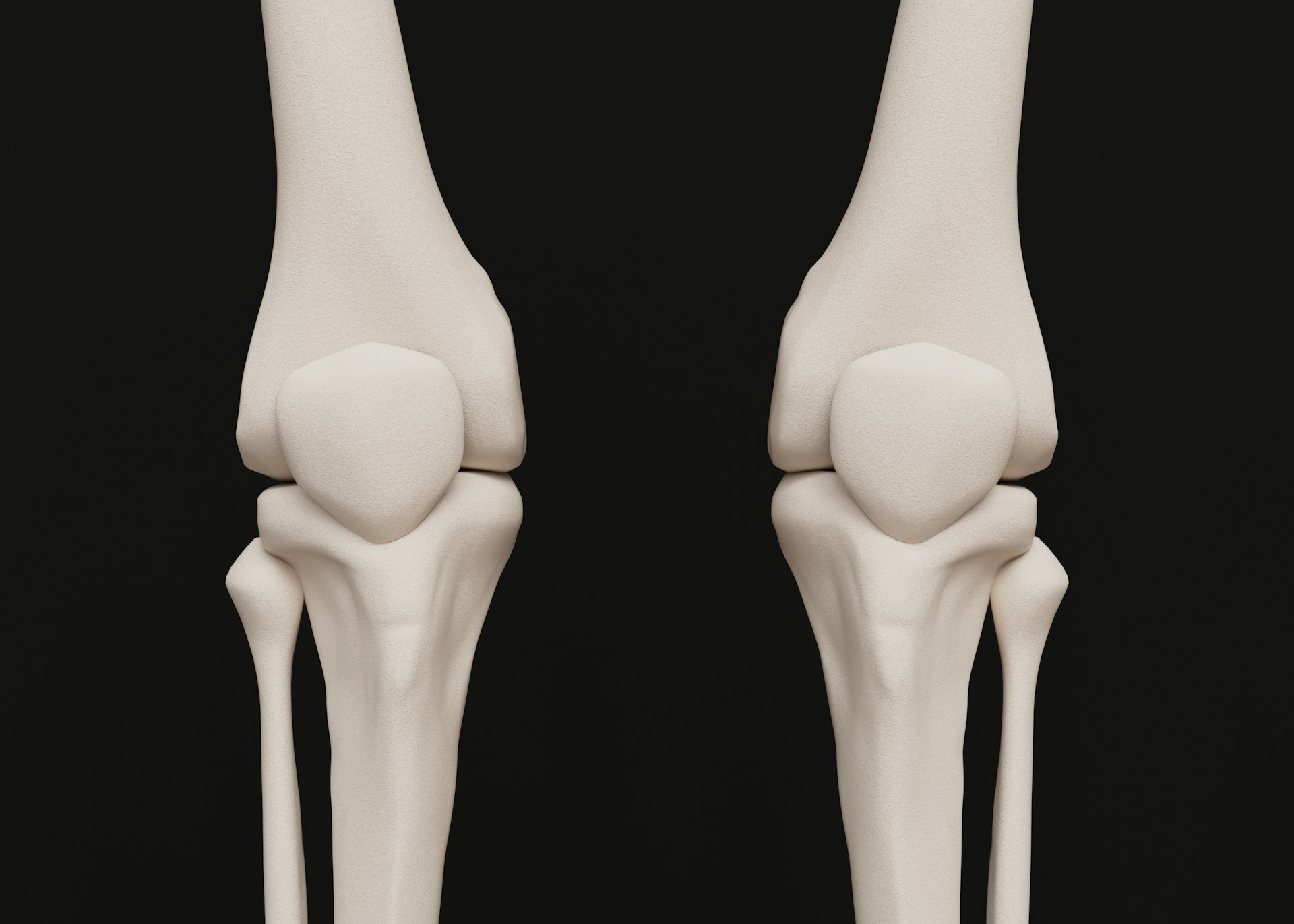Experiencing clicking or popping sounds in your knee after surgery or injury can be concerning. However, not all joint noises indicate a problem. Understanding the causes and knowing when to seek professional advice, like a biokineticist, can help alleviate worries.
What Causes Knee Clicking?
Knee clicking can result from various factors, including:
- Gas bubbles: The release of gas bubbles in the joint fluid can create popping sounds.
- Ligament or tendon movement: Structures moving over bony prominences can produce clicking noises.
- Scar tissue: Post-surgical scar tissue can cause sounds during movement.
- Meniscal tears: Damage to the meniscus can lead to clicking, especially if the tear interferes with joint movement.
When Is Clicking Normal?
In many cases, knee clicking is harmless, especially if:
- There’s no pain: Clicking without discomfort is often benign.
- It occurs during specific movements: Sounds during certain motions can be normal.
- It’s infrequent: Occasional clicking isn’t usually a cause for concern.
Post-surgical patients often experience clicking as part of the healing process. As the knee strengthens and scar tissue remodels, these sounds typically diminish.
When Clicking Might Signal a Problem
Consider consulting a professional if:
- Clicking is accompanied by pain or swelling: This could indicate inflammation or injury.
- The knee locks or gives way: These symptoms may suggest mechanical issues within the joint.
- There’s a history of injury: Previous damage could contribute to current symptoms.
Persistent or worsening symptoms warrant a thorough evaluation to rule out underlying issues.
How a Biokineticist Assesses Joint Sounds
A biokineticist will:
- Conduct a comprehensive assessment: Evaluating strength, flexibility, and movement patterns.
- Identify contributing factors: Determining if muscle imbalances or movement dysfunctions are causing the clicking.
- Develop a tailored exercise programme: Addressing the root causes to alleviate symptoms.
This approach ensures that any underlying issues are managed effectively, promoting optimal joint health.
Safe Exercises for a Noisy Knee
Engaging in specific exercises can help reduce knee clicking:
- Strengthening exercises: Focusing on the quadriceps, hamstrings, and hip muscles to support the knee.
- Flexibility routines: Improving the range of motion can alleviate tension contributing to clicking.
- Balance and proprioception training: Enhancing joint stability and coordination.
It’s essential to perform these exercises under professional guidance to ensure safety and effectiveness.
👉See our article on the best exercises for your knees
When to Get a Professional Opinion
If knee clicking is persistent, painful, or accompanied by other symptoms, seeking a professional assessment is advisable. Early intervention can prevent potential complications and facilitate a smoother recovery.
Concerned about your knee? Book a movement screen and put your mind at ease.

